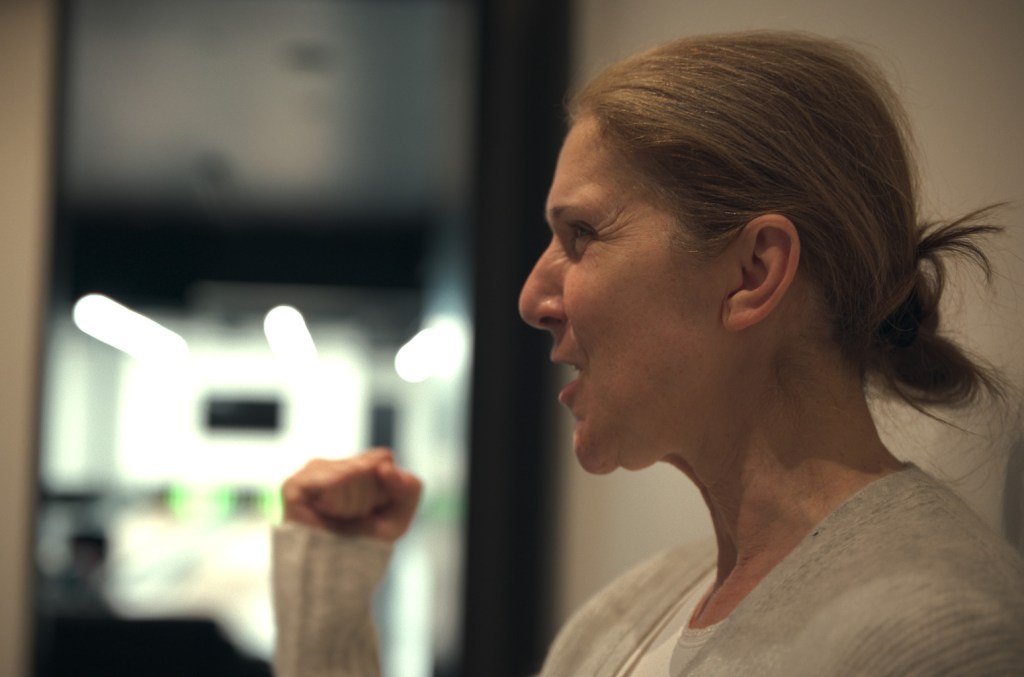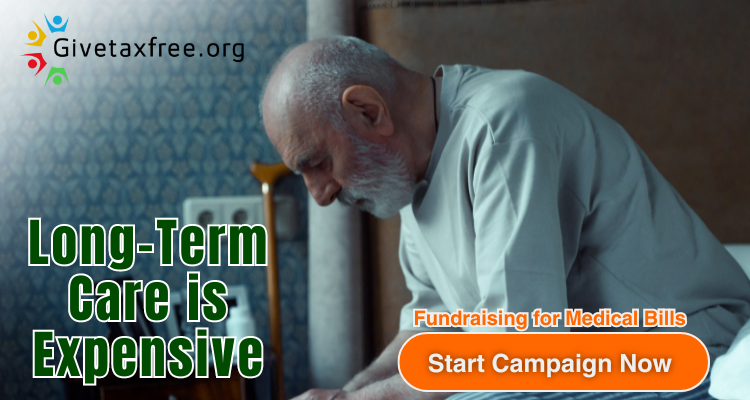ASCO: You’re listening to a podcast from Cancer.Net. This cancer information website is produced by the American Society of Clinical Oncology, known as ASCO, the voice of the world’s oncology professionals.
The purpose of this podcast is to educate and to inform. This is not a substitute for professional medical care and is not intended for use in the diagnosis or treatment of individual conditions. Guests on this podcast express their own opinions, experience, and conclusions. Guests’ statements on this podcast do not express the opinions of ASCO. The mention of any product, service, organization, activity, or therapy should not be construed as an ASCO endorsement. Cancer research discussed in this podcast is ongoing, so data described here may change as research progresses.
In this podcast, Dr. Allison Kurian and genetic counselor Kristen Mahoney Shannon talk about what people should know about genetic testing and hereditary breast cancer, including what to expect when meeting with a genetic counselor, ways to reduce your risk of developing cancer, and talking about genetic test results with family.
Dr. Kurian is a Professor of Medicine and of Epidemiology and Population Health at Stanford University School of Medicine, and Director of the Stanford Women’s Clinical Cancer Genetics Program. She is also the 2023 Cancer.Net Specialty Editor for Breast Cancer.
Ms. Shannon is a senior genetic counselor and Director of the Cancer Center Genetics Program and Director of Genetic Counseling for the Massachusetts General Hospital Department of Medicine. She is also a 2023 Cancer.Net Advisory Panelist.
View disclosures for Dr. Kurian and Ms. Shannon at Cancer.Net.
Dr. Allison Kurian: I’m Allison Kurian. I am a professor of medicine, oncology, and epidemiology and population health at Stanford University. And I am speaking today with my colleague, Kristen Shannon, who will introduce herself.
Kristen Shannon: Hi, it’s great to be here. My name is Kristen Shannon. I am a genetic counselor and the director of cancer genetics at Massachusetts General Hospital in Boston. And I have no financial relevant disclosures to report.
Dr. Allison Kurian: Thank you, and I have no relevant financial disclosures either. Very good. So today we will be talking about breast cancer and inherited risk and genetic testing. And let me start by providing a definition of a genetic or hereditary condition. So the way we think about this is something that has a high risk for developing a disease, not a certainty, but a high risk, and runs in families, generally because of a genetic finding that we can identify. And that typically is identified through sequencing, testing of blood or saliva samples, and typically allows us to find a change that we know is clearly associated with disease. A good example for breast cancer are the genes BRCA1 and BRCA2, which some may have heard of, and we will talk about further. So that is just an example, and we will get into more of the details of this as we go on. But I think the point is something that runs in families often is seen with the trait, so for BRCA1 or BRCA2, that would be breast cancer or ovarian cancer, affecting people in every generation. And having what we call for these kinds of genes an autosomal dominant inheritance pattern, so inherited from either parent. And taking only 1 copy that is not functioning to give a person higher risk of the condition. So that’s sort of a bit of the basics here on genetic or hereditary risk.
And just to give a sense of how common hereditary breast cancer is, we think that in general this may account for, I would say, somewhere between 5% to perhaps 10% of cases of breast cancer. And Kristen, please jump in and tell me if you think differently. But that would be my ballpark. And I think probably the majority of those are the BRCA1 and BRCA2 genes that I mentioned, although there are others that we are recognizing are playing more of a role than we thought, and we’ll discuss those, too. So let me give you a chance to continue and respond, Kristen.
Kristen Shannon: Yeah, no, I totally agree. And I was thinking that maybe I could talk a little bit about some of the features that are suggestive that there could be one of these inherited breast cancers in the family, because recognizing these signs of hereditary breast cancer can be super important for early detection and prevention of breast cancer. So first, multiple cases of breast cancer within the family, especially among close relatives like parents, siblings, children, those can be a sign that the cancer is inherited. Another important sign is early age of onset of disease. So breast cancer diagnosed at a young age, typically before the age of 50, might point towards hereditary risk. And it’s not always the case, but it’s something to be aware of. Also, if there is a history of ovarian cancer in the family, especially if you see it in conjunction with breast cancer cases, th…














![Black women are more likely to die from cancer when diagnosed, study shows [Video]](https://cancerrecoverygiving.com/wp-content/uploads/2024/07/mp_352681_0_6061cc016fa845ecb7ab6ab2055fe9e21140x641jpg.jpg)

![Street Outlaws star Lizzy Musi shared gut-wrenching message about Nascar driver boyfriend Jeffrey Earnhardt before death [Video]](https://cancerrecoverygiving.com/wp-content/uploads/2024/06/mp_348837_0_pdUNCONDITIONALLOVEOPjpg.jpg)

